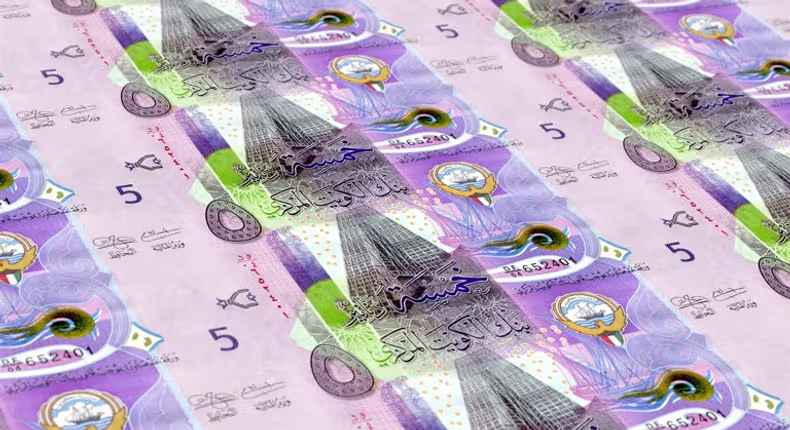< 1 mn read
According to Forbes, the Kuwaiti dinar (KWD) is the most valuable currency globally, surpassing the US dollar, British pound, and euro. Here’s what makes the KWD so strong:
- Oil-Rich Economy
Kuwait’s economy is heavily centered on petroleum, with the oil sector contributing about 90% of government income. Unlike many oil-dependent countries, Kuwait effectively manages its oil wealth, leading to significant exports. The high global demand for oil boosts the value of the KWD, as more foreign currency is needed to purchase Kuwaiti oil. - Pegged Exchange Rate
The KWD benefits from a regulated exchange rate, maintaining a stable value compared to free-floating currencies, which can be volatile. Instead of being tied to one currency, the KWD is linked to a basket of currencies, likely with significant weighting toward the US dollar. This controlled peg helps protect the dinar from fluctuations in global currency markets. - Small Population and High GDP per Capita
Kuwait’s wealth distribution is enhanced by its small population, leading to a high GDP per capita. This situation ensures a robust financial system with fewer pressures on public resources, contributing to the strength of the KWD. - Government Reserves
The Kuwait Investment Authority (KIA), the country’s sovereign wealth fund, manages significant financial reserves derived from oil earnings. These reserves provide economic stability and a buffer against downturns, reinforcing the currency’s strength. - Foreign Reserves
The Central Bank of Kuwait holds substantial foreign currency reserves, primarily in US dollars. These reserves enhance the KWD’s stability, allowing the government to defend the currency if necessary, thus strengthening its position in the global market.
In summary, the Kuwaiti dinar’s status as the world’s strongest currency is attributed to Kuwait’s oil wealth, stable economy, low inflation, and sound monetary policies

